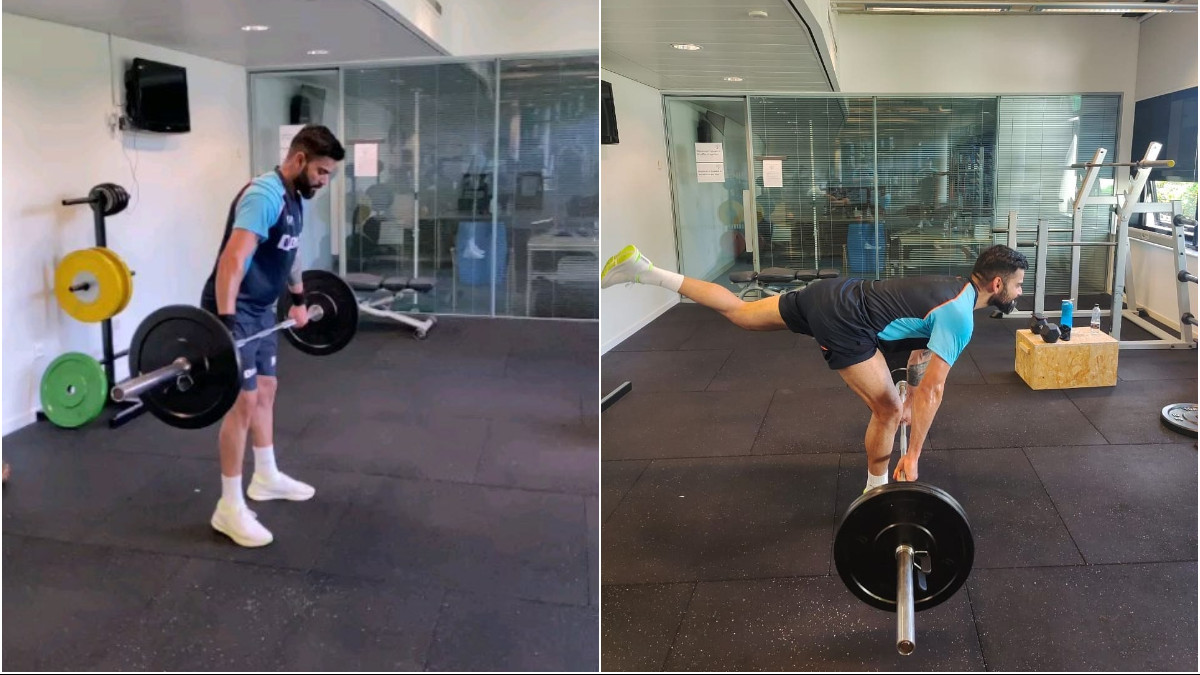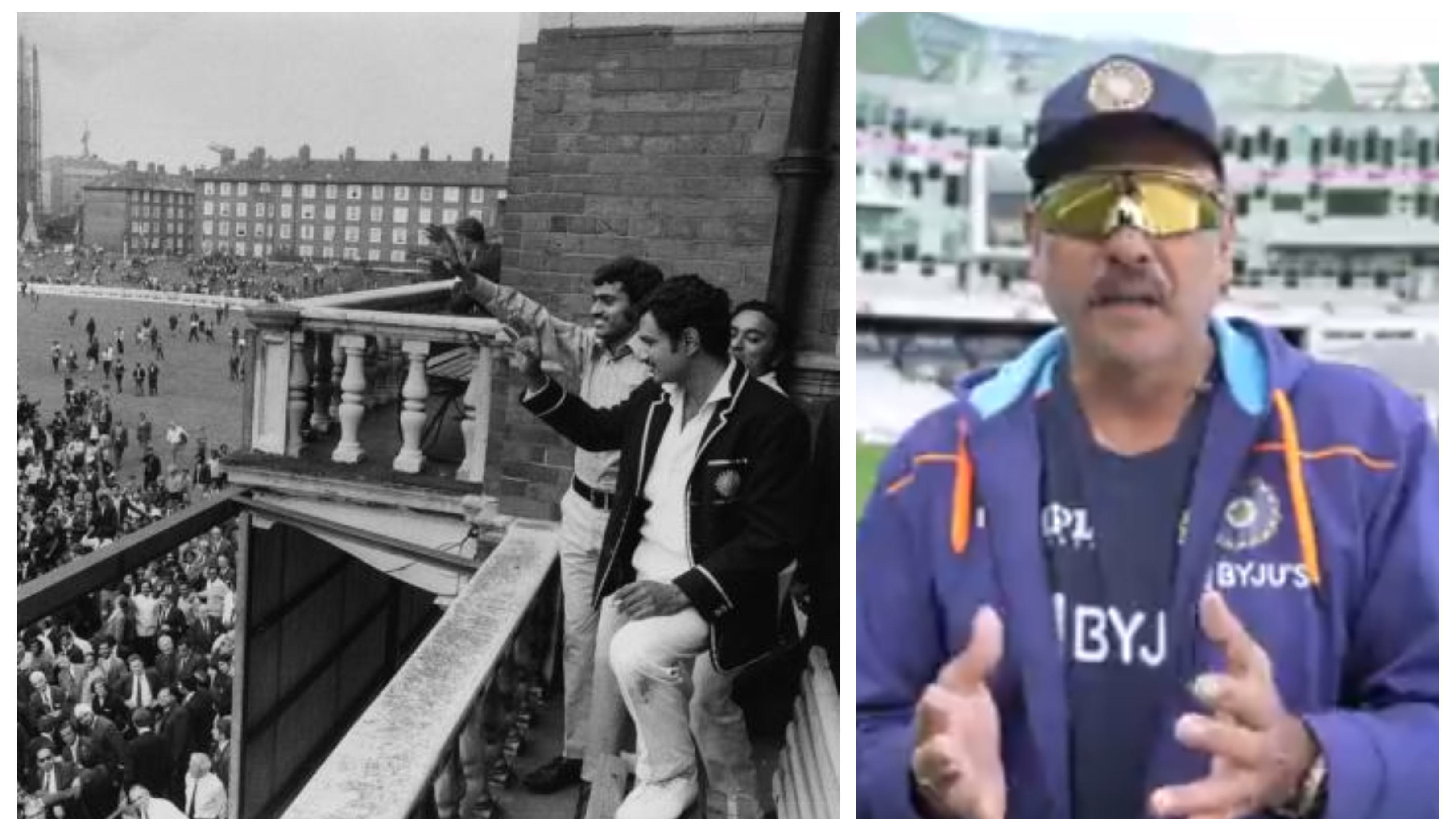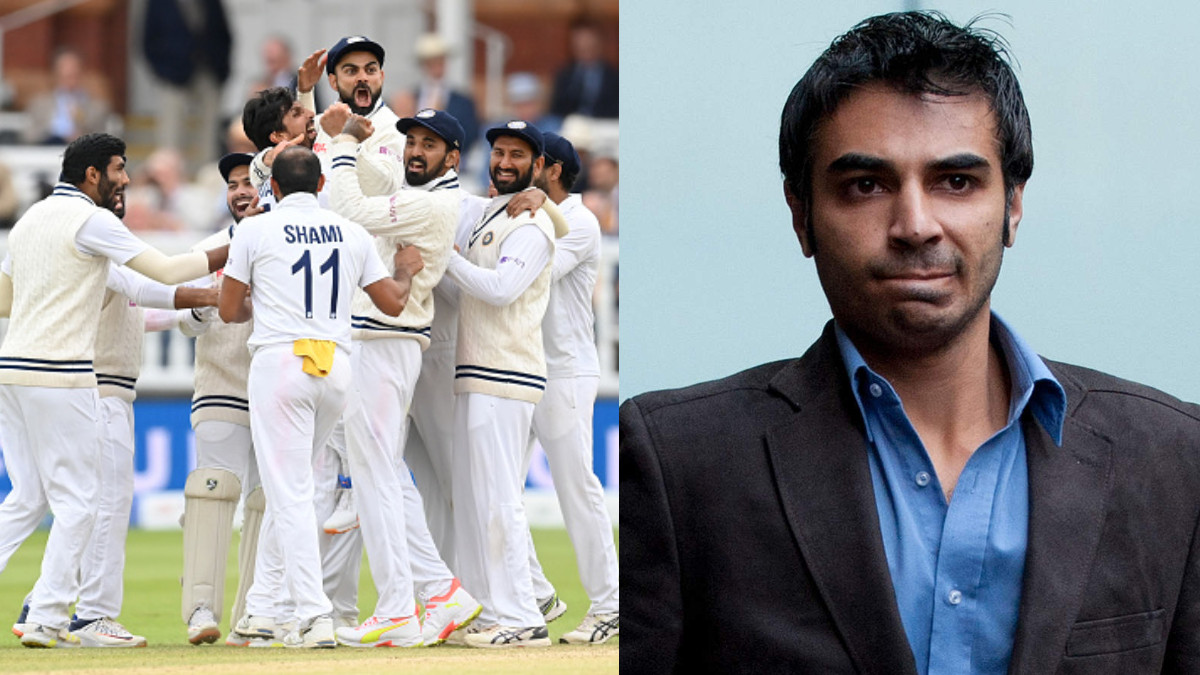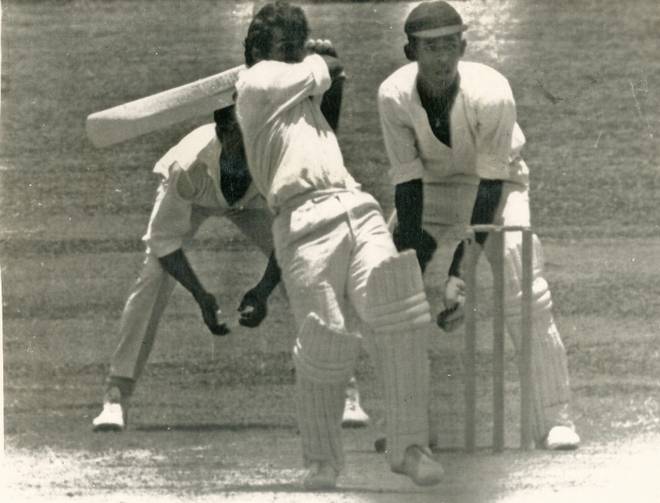 50 years ago, India recorded their first-ever Test series win in England by winning the third and final Test at the Oval capping off a brilliant year overseas in 1971. Earlier, they had defeated the team to beat during that era in West Indies in their own backyard as well.
50 years ago, India recorded their first-ever Test series win in England by winning the third and final Test at the Oval capping off a brilliant year overseas in 1971. Earlier, they had defeated the team to beat during that era in West Indies in their own backyard as well.
During that 1971 tour of West Indies, a certain opening batsman from Mumbai, Sunil Gavaskar made his Test debut for India in the second Test match in Trinidad and made 65 and 67. In the end, he conjured up 774 runs in 4 Test matches including 4 centuries and 3 half-centuries with a best score of 220 and an average of 154.80.
Sunil Gavaskar’s haul of 774 runs remains the highest for any batsman in his debut Test series. Though he didn’t do much on the subsequent tour of England, it marked the birth of a special career which saw him becoming the first batsman to reach 10,000 Test runs and ending up with a then-record 34 Test tons.
ENG v IND 2021: England will need a 'superhuman' effort to come back in series- Sunil Gavaskar
Gavaskar, now 72, recalled how he had prepared to face the fiery West Indian pacers for his debut Test series.
"Sometimes I wonder myself (how I managed that performance in the West Indies). I guess, the fact that I was vertically challenged, I still am, meant that whenever I opened the batting at club level or schools level, guys tried to bowl quick at me, had that extra yard or two of pace, sort of energy and tried to bounce me out.
So while you would think that it would have around 130 kmph as we say 130-135 kmph mark, it at least got you thinking about how to deal with that kind of delivery (and) what your attitude should be about the bouncer, for example,” said Gavaskar at a public conversation with Ashis Ray, organized by The Indus Entrepreneurs (TIE) London.
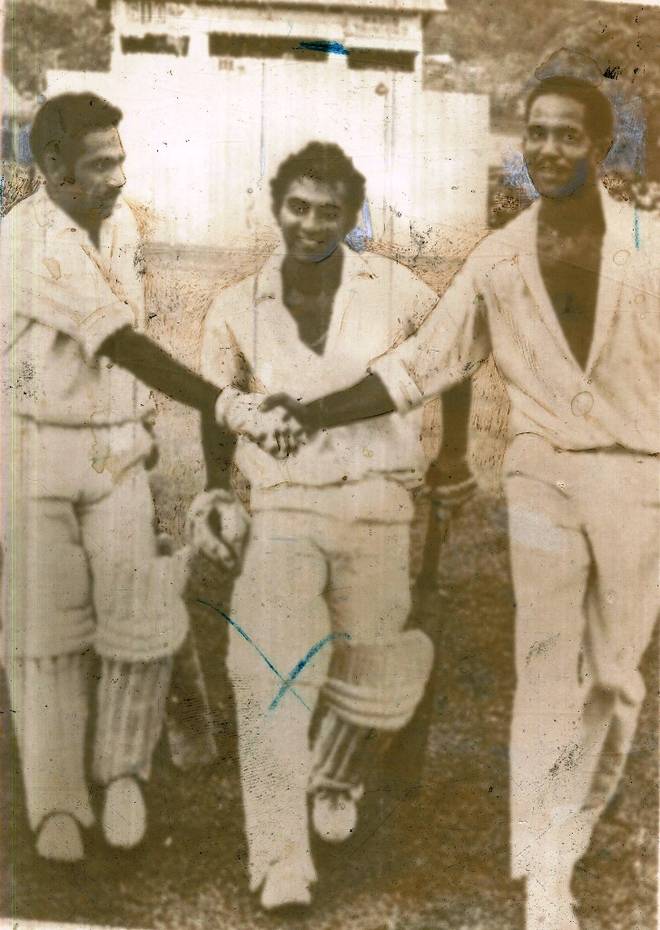 Gavaskar recalled his way of dealing with bouncers in his formative years in domestic cricket.
Gavaskar recalled his way of dealing with bouncers in his formative years in domestic cricket.
"Having, at that age, (learnt) how to deal with the short ball was a big help when you went into international cricket. Also before that (1971 tour of the West Indies) happened, what I used to do was have Mumbai Ranji Trophy bowlers bowl from 20 to 18 yards instead of the regulation 22 yards.
But when I went to the West Indies, the difference was stark. Because despite the fact that Mumbai bowlers were bowling from 18 yards, the ball would still be around the midriff where the wicketkeeper collected it. When you went to the West Indies, suddenly the wicketkeeper was collecting the ball with the fingers pointing up not pointing down. That meant that you were now contending with something different," he said further.
"How to deal with this? The bouncer would come at around this height (pointing his forehead). You could control most of them, either leave them or control them. But in the West Indies, they were going to be that much higher and also coming from a much nearer length and not short length.
The West Indian bowlers were pitching 2-3 yards up and still getting the ball to bounce. What do you do, you hook or sway away from it? So those are the things you had to adjust to, and luckily I managed to do that. Also very simply that I had a lot of luck going in that first series (referring to dropped catches)," he added further.
(IANS inputs)
